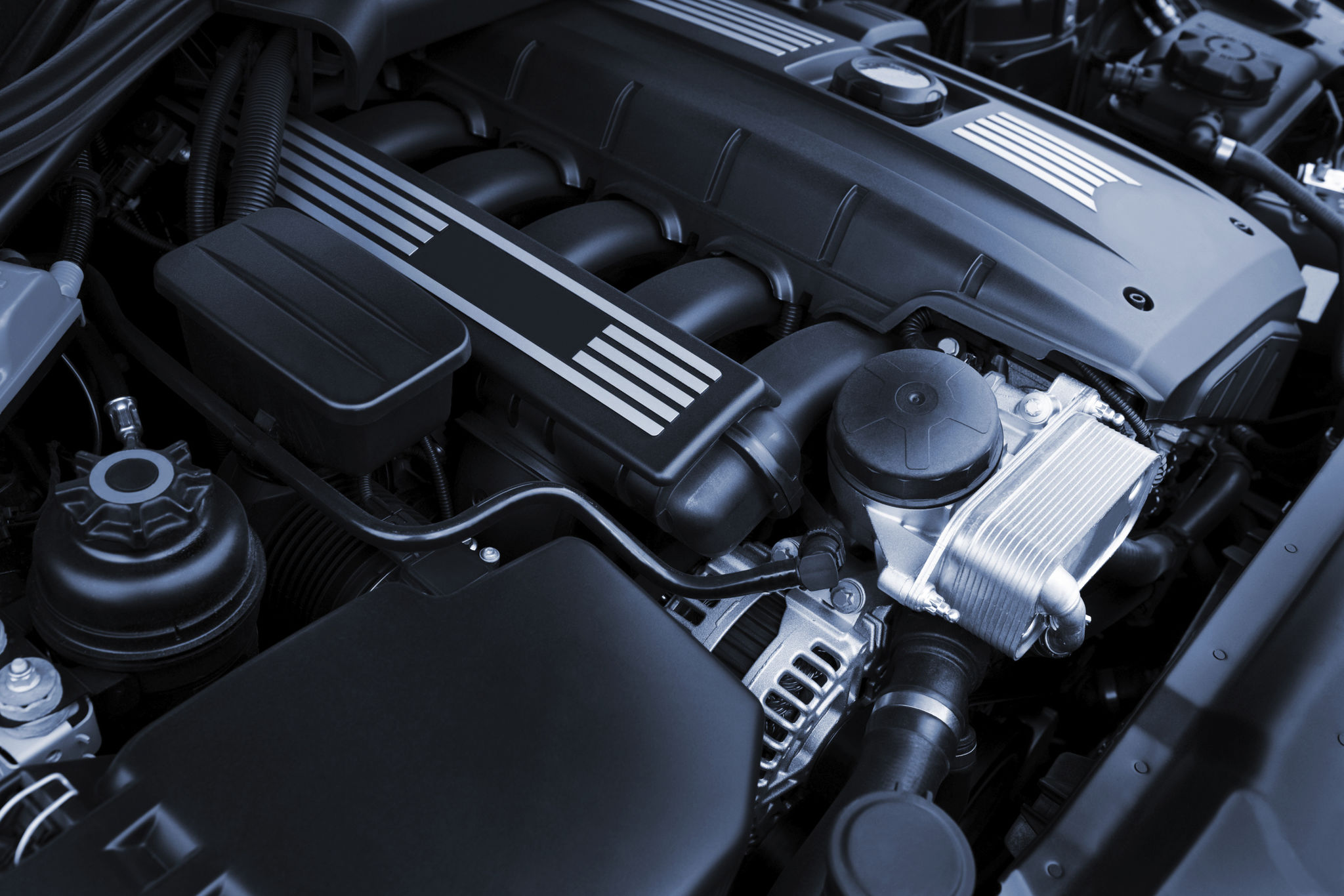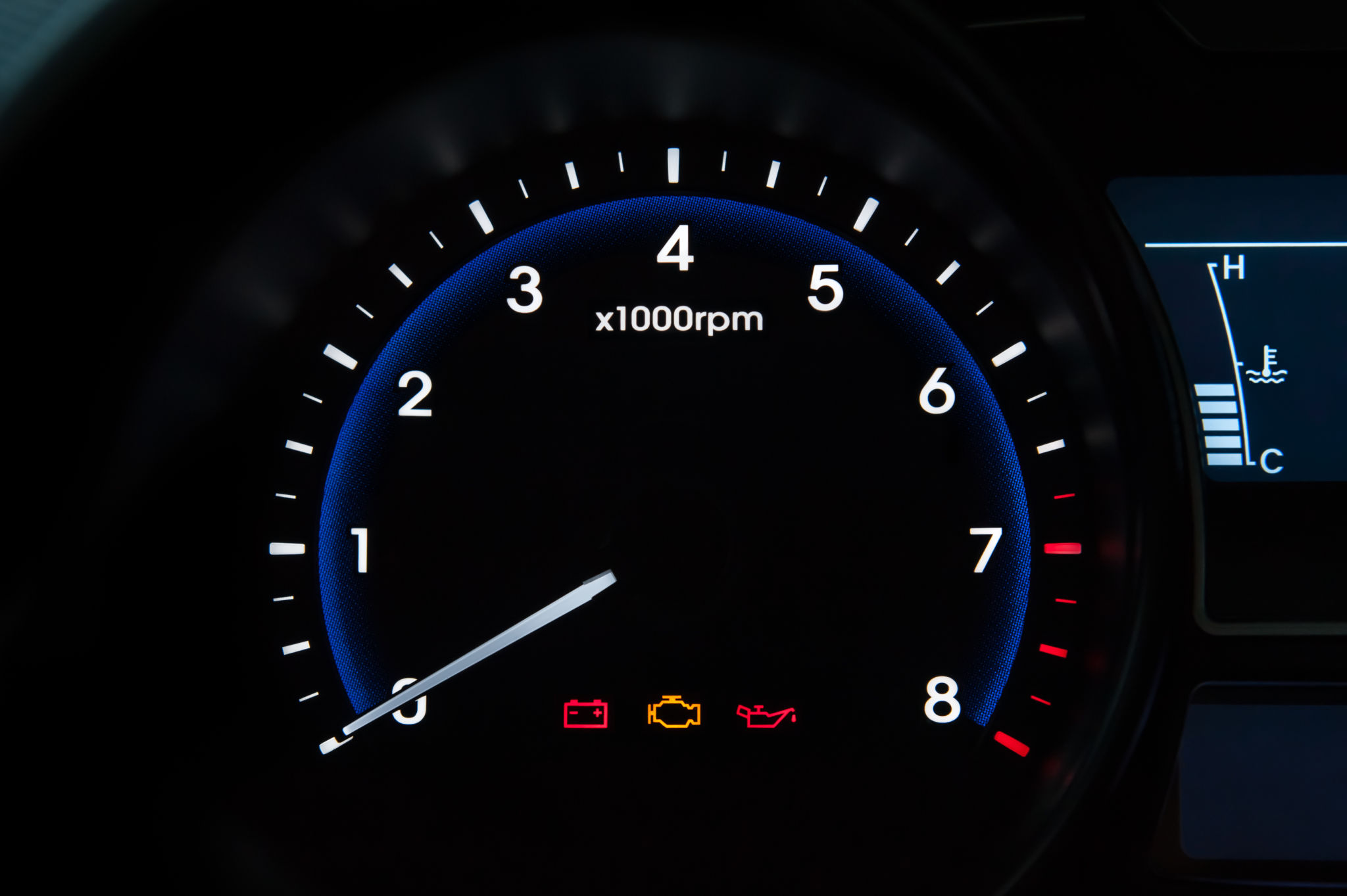DIY Custom Car Mapping: What You Can and Can't Do Yourself
Understanding Car Mapping
Car mapping, also known as ECU (Engine Control Unit) remapping, involves altering the software on a car's ECU to improve the vehicle’s performance and efficiency. This process can enhance horsepower, torque, and fuel efficiency by adjusting the settings that control the engine.
For car enthusiasts, DIY custom car mapping can be an exciting venture. However, it's essential to understand both the potential benefits and limitations of what you can achieve on your own.

What You Can Do Yourself
With the right tools and software, there are several aspects of car mapping that you can handle on your own. Here are some tasks you might consider:
- Basic Software Tweaks: Using tuning software available online, you can make minor changes to your car's ECU settings. This is a cost-effective way to adjust parameters like fuel delivery and ignition timing.
- ECU Flashing: This involves downloading new software onto your car’s ECU. It's a straightforward process if you have access to a laptop and an OBD-II interface.
- Data Logging: You can monitor your vehicle's performance by logging data during different driving conditions. This information helps you understand how your changes affect the car's behavior.
Tools and Equipment Needed
Before diving into DIY car mapping, gather the necessary tools and equipment to ensure a smooth process. Here's what you'll typically need:
- A laptop with sufficient processing power and storage.
- An OBD-II interface cable to connect your laptop to the car's ECU.
- Tuning software compatible with your vehicle make and model.

What You Should Avoid
While there are tasks you can manage on your own, some aspects of car mapping should be left to professionals to avoid potential damage:
- Advanced Remapping: Altering complex engine parameters without expert knowledge can lead to engine damage or reduced vehicle lifespan.
- Tuning Turbocharged Engines: These engines require precise adjustments that should only be handled by experienced tuners.
- Custom Code Modifications: Writing or altering code beyond basic tweaks can destabilize your vehicle’s ECU system.
The Risks Involved
DIY car mapping carries certain risks, including voiding warranties, causing mechanical issues, or even permanently damaging the vehicle if done incorrectly. It's crucial to weigh these risks before attempting any changes. Ensure you have a backup of your original ECU settings to revert to if necessary.

When to Consult a Professional
If you're unsure about any part of the mapping process or if you're seeking more significant performance gains, consulting with a professional tuner is advisable. They possess the skills and experience to safely adjust advanced settings that could be complex for a novice.
Conclusion
DIY custom car mapping can be a rewarding experience for those interested in optimizing their vehicle’s performance. While there are several tasks you can undertake yourself, it's equally important to recognize your limits. Understanding when to seek professional help ensures that your car remains safe and reliable while maximizing its potential.
